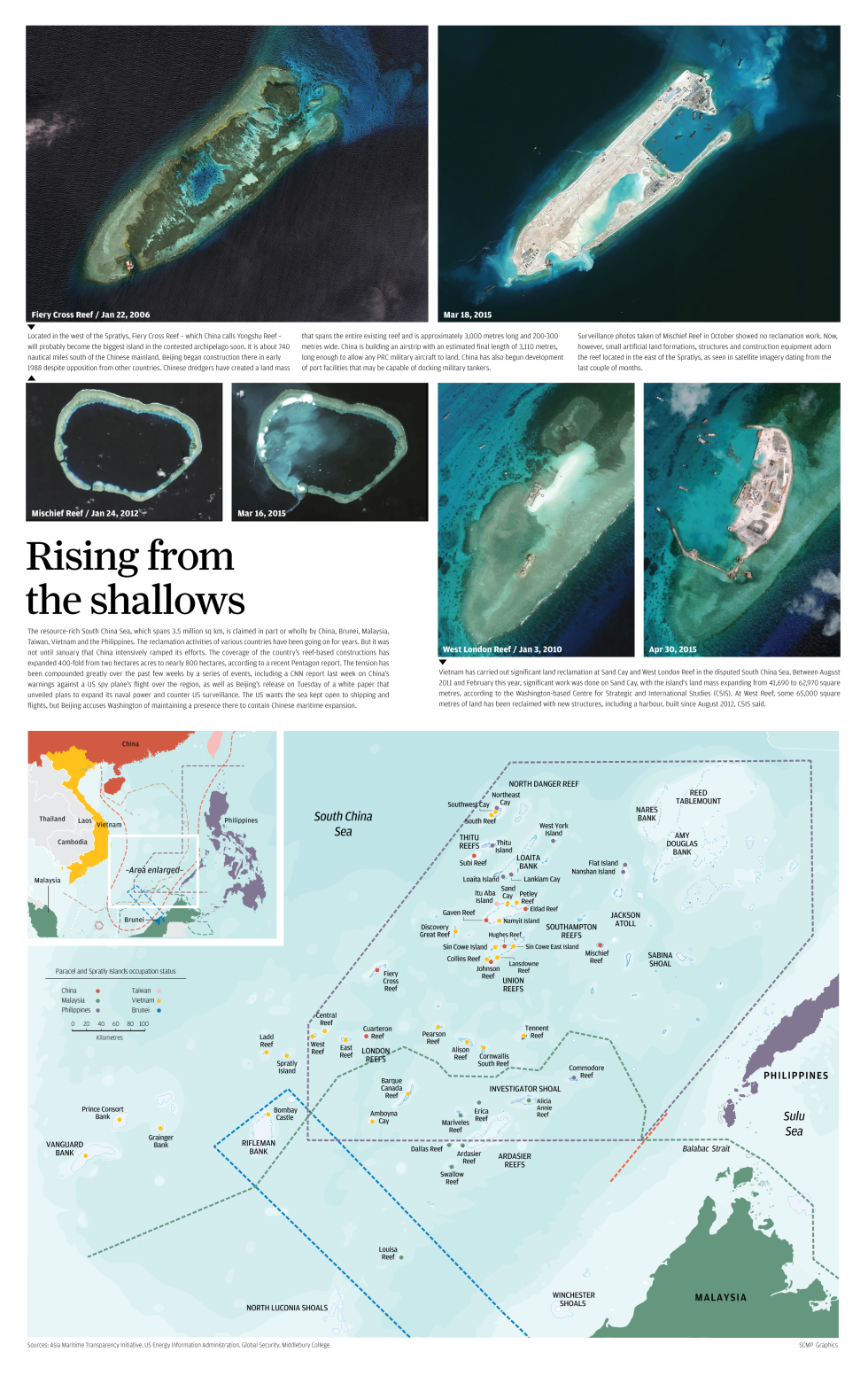by Ganesh Sahathevan
HMAS Dechaineux berthed at Sepanggar in Sabah on 1 May 2013 for the first visit of an Australian submarine to this port.The Guardian (and others) reported:
Malaysia’s foreign minister, Saifuddin Abdullah, has said that his country’s concerns about the Aukus nuclear submarine pact remain unchanged, after a meeting in Kuala Lumpur on Tuesday with his Australian counterpart, Penny Wong.
Saifuddin told reporters he communicated Malaysia’s ongoing concern about the security deal between Australia, the UK and the US during a “very candid” discussion with Wong on her first visit to the Malaysian capital as Australia’s foreign minister.
Regional objections to Australia’s planned acquisition of nuclear-propelled submarines surfaced almost immediately after Aukus was unveiled by Joe Biden, Boris Johnson and Scott Morrison.
What Senator Wong, who makes much of her connections to the Malaysian state of Sabah, and Malaysia's Saifuddin have both ignored is the fact that the UK, Australia and Malaysia are all parties to the 50 year old Five Power Defence Agreement. Also ignored is the issue of China's access to Sabah's submarine base.
One would think that AUKUS and the FDPA combined would bring the Sabah submarine base into greater significance in Malaysia-Australia discussions, but apparently not.
TO BE READ WITH
Chinese sub docks at Malaysian port for second time this year
By Reuters - September 13, 2017 @ 10:43pm
(File pix) RMN chief Admiral Ahmad Kamarulzaman Ahmad Badaruddin said it was standard international procedure to welcome visits by foreign navy vessels, “based on each nation’s request and upon diplomatic clearance.”
KUALA LUMPUR: A Chinese submarine has docked in Malaysia, the second such visit to the Southeast Asian country this year, as western powers fret over China’s expanding reach in the South China Sea.
China claims nearly all the South China Sea, through which an estimated $3 trillion in international trade passes each year. Brunei, Malaysia, the Philippines and Taiwan also have claims.
Tensions between China and Malaysia over their overlapping claims, however, appear to have eased after Malaysia agreed in November to buy four Chinese naval vessels and pledged with Beijing to handle South China Sea disputes bilaterally.
The Royal Malaysian Navy confirmed the visit by the Chinese submarine, which docked at the Sepanggar naval base in the state of Sabah in Borneo between Friday and Monday.
RMN chief Admiral Ahmad Kamarulzaman Ahmad Badaruddin said it was standard international procedure to welcome visits by foreign navy vessels, “based on each nation’s request and upon diplomatic clearance.”
“This is part of our efforts to enhance defence diplomacy and strengthening bilateral relations,” he told Reuters.
The submarine was escorted by a surface ship from the PLA Navy and was returning to China after conducting escort missions in the Gulf of Aden, according to defence magazine Jane’s 360, which first reported the submarine’s docking.
In January, a Chinese submarine docked in Sepanggar, only the second confirmed visit of a Chinese submarine to a foreign port, according to state media.
Chinese warships have also been calling at ports in Pakistan, Bangladesh and Myanmar, unnerving regional rival India. --Reuters







